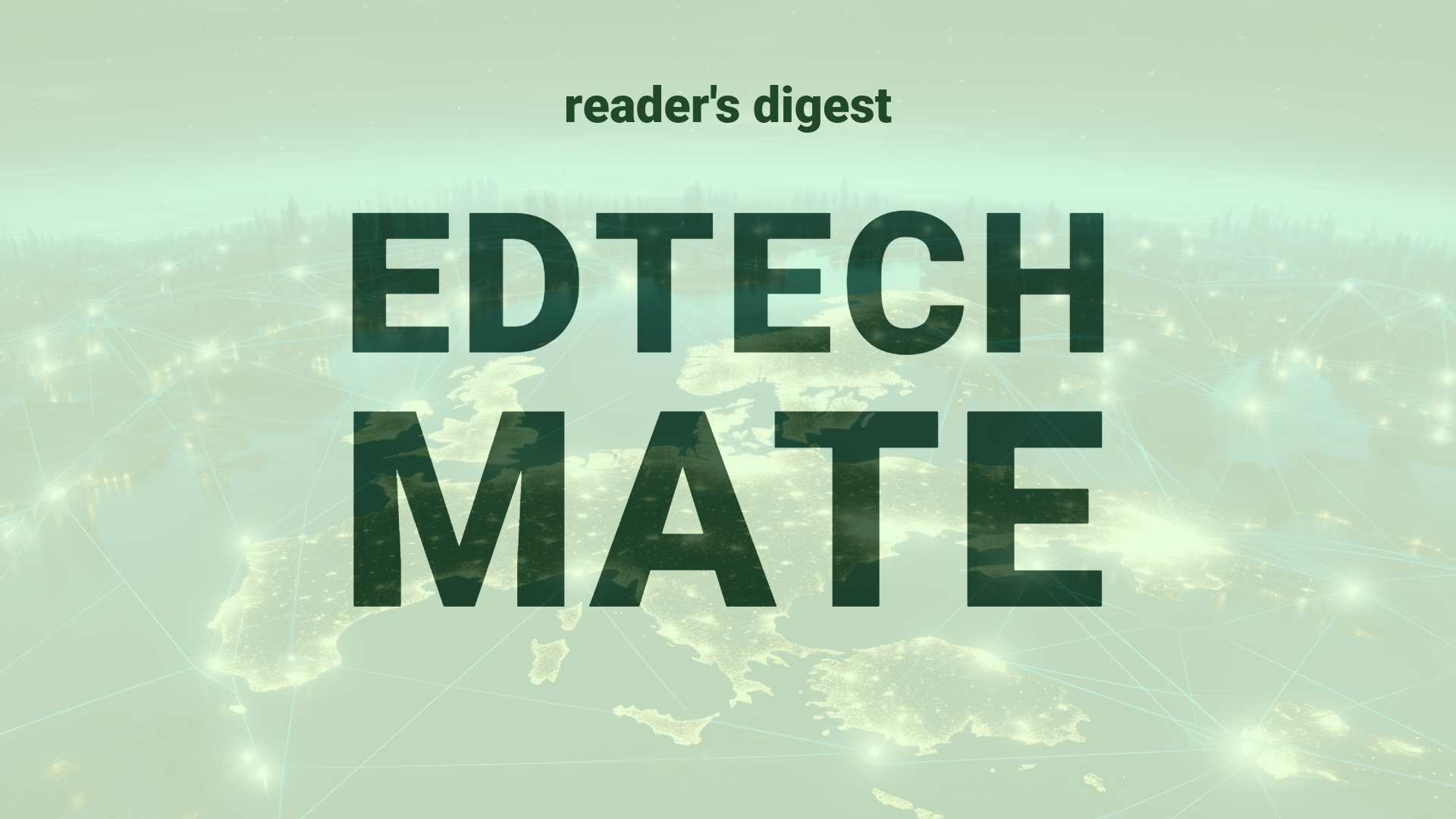“`html
Executive Summary and Main Points
The presented content outlines a comprehensive guide for crafting the perfect PhD research proposal. Main points covered include the significance of a concise literature review, identifying and articulating a knowledge gap, outlining a clear methodology, the importance of self-promotion highlighting the researcher’s unique suitability for the proposed study, and the necessity of a realistic timeline with potential outputs such as papers. There is an emphasis on gaining the confidence of the PhD board by clearly communicating the candidate’s understanding of the research field, the potential novelty of their contribution, as well as aligning skill sets with the chosen research environment.
Potential Impact in the Education Sector
Adopting the articulated strategies for crafting PhD research proposals could significantly impact the Further Education and Higher Education landscape, elevating the quality and clarity of proposals submitted by potential PhD candidates. Strategically, it encourages universities to focus on how their unique capabilities and resources can be a catalyst for a researcher’s success. Micro-credentials may also become more valuable as candidates seek to bolster the skills section of their proposals, reinforcing the role of continual learning and up-skilling within academia.
Potential Applicability in the Education Sector
Innovative AI tools and digital resources could be instrumental for candidates preparing their PhD proposals. AI-powered literature review assistants could streamline the synthesis of relevant research, while data analysis tools can help candidates predict and articulate potential research outcomes more accurately. Collaborative digital platforms can aid in communicating with potential supervisors and peer reviewers, ensuring a proposal’s alignment with current academic standards.
Criticism and Potential Shortfalls
While the guide provides a robust framework for crafting research proposals, potential criticism stems from its possible overemphasis on self-promotion and adaptability of methodologies to appease the board, which may lead to vagueness in research objectives. International case studies have shown that cultural differences can impact self-promotion norms, and ethical considerations may require more comprehensive coverage than suggested. Additionally, the inherent unpredictability of research could limit the effectiveness of rigid timelines and expected outcomes.
Actionable Recommendations
For practical implementation of these strategies, institutions should host workshops on effective proposal writing that incorporate AI and digital tools, fostering a culture of clear communication and strategic planning among future researchers. International education leadership should create cross-cultural training modules to address the diversity in promotion and ethical research conduct, ensuring a global standard. Also, integrating micro-credentials in research methods could be recommended to enhance proposals, positioning universities as leaders in innovative, digitally-integrated academic research training.
“`

